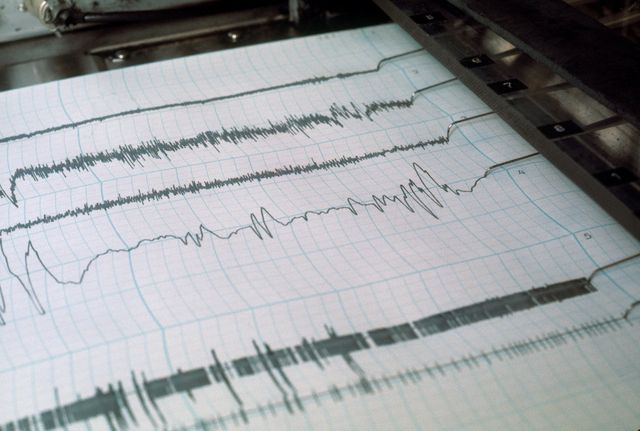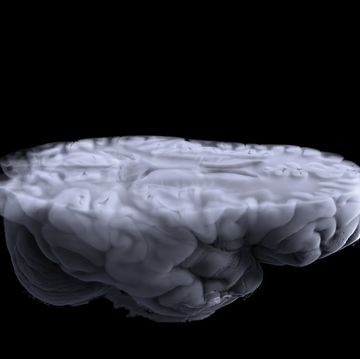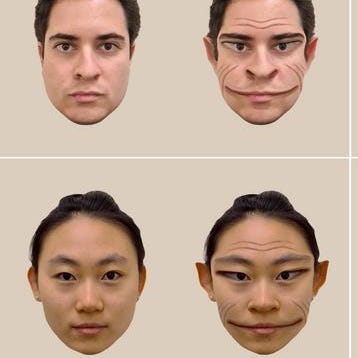A group of scientists have developed a way to translate brain waves directly into human speech, potentially giving patients who are unable to use their voices another way to communicate. While the science is still a long way from a method that can be used as an interpreter for people who otherwise can’t talk, it’s a promising first step toward that goal.
Researchers at Columbia University had convenient access to patients at Northshore University Hospital who were undergoing brain surgery, and asked a number of these patients to participate in their study. As part of the pre-surgery process, these patients had brain-wave detectors—specifically, implanted EEG monitors—and the researchers could use them to get high-resolution brain-wave scans.
To start to translate brain waves into speech, the researchers had each patient listen to a bunch of spoken words while the EEG monitors recorded their brain waves. Then, the researchers trained an AI to study the brain wave patterns and deduce what words the patients were listening to. After a lot of trial and error, the AI could reproduce the words each patient was listening to with enough clarity that someone could understand it.
For instance, the researchers had the patients listen to a person counting from zero to nine, and the AI was able to reproduce those digits accurately enough to be understood. You can listen to what this sounds like here.
So this isn’t the same as translating private thoughts into speech. Instead, this is the AI translating overheard speech via brain waves, which means this technology—as it exists right now—couldn’t be used by people looking for a new way to communicate. But in the future, perhaps it could. This study shows that such an approach is possible, that we can take brain waves from an EEG and translate them into words.
The key piece of technology that makes this possible is the translation algorithm, which could still be improved a great deal. With a more advanced algorithm coupled with a better understanding of the brain, we might someday be able to actually give people who lack speech a real alternative.
Source: Gizmodo














